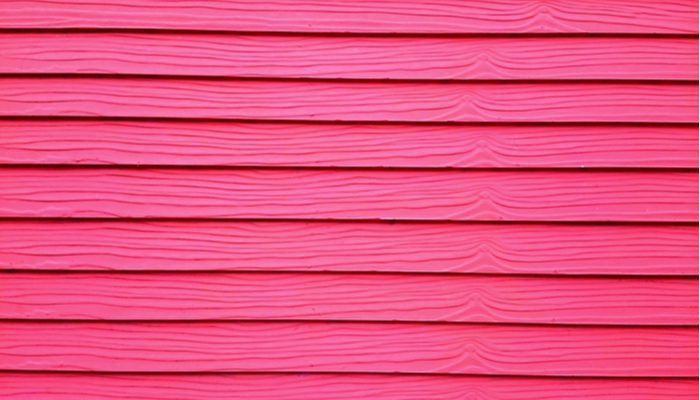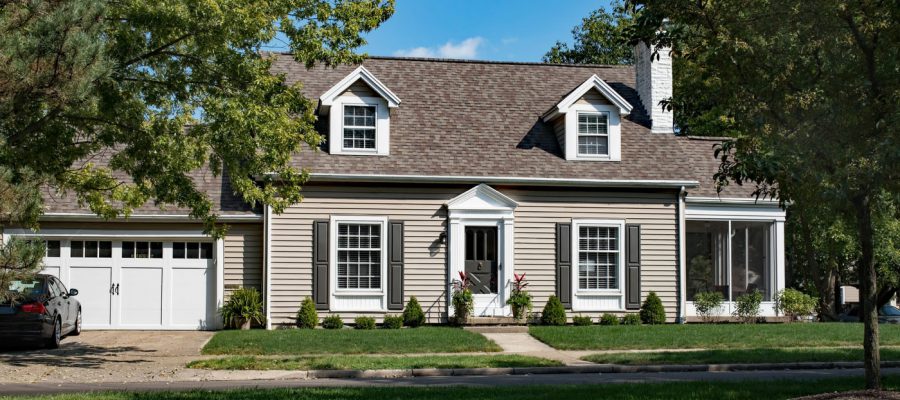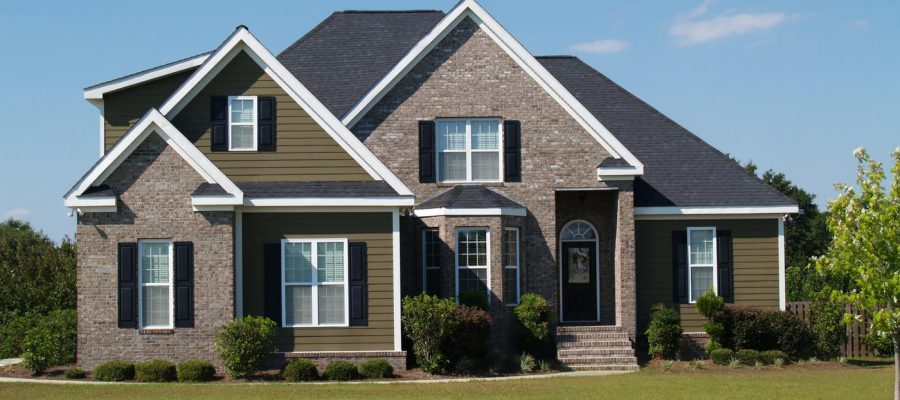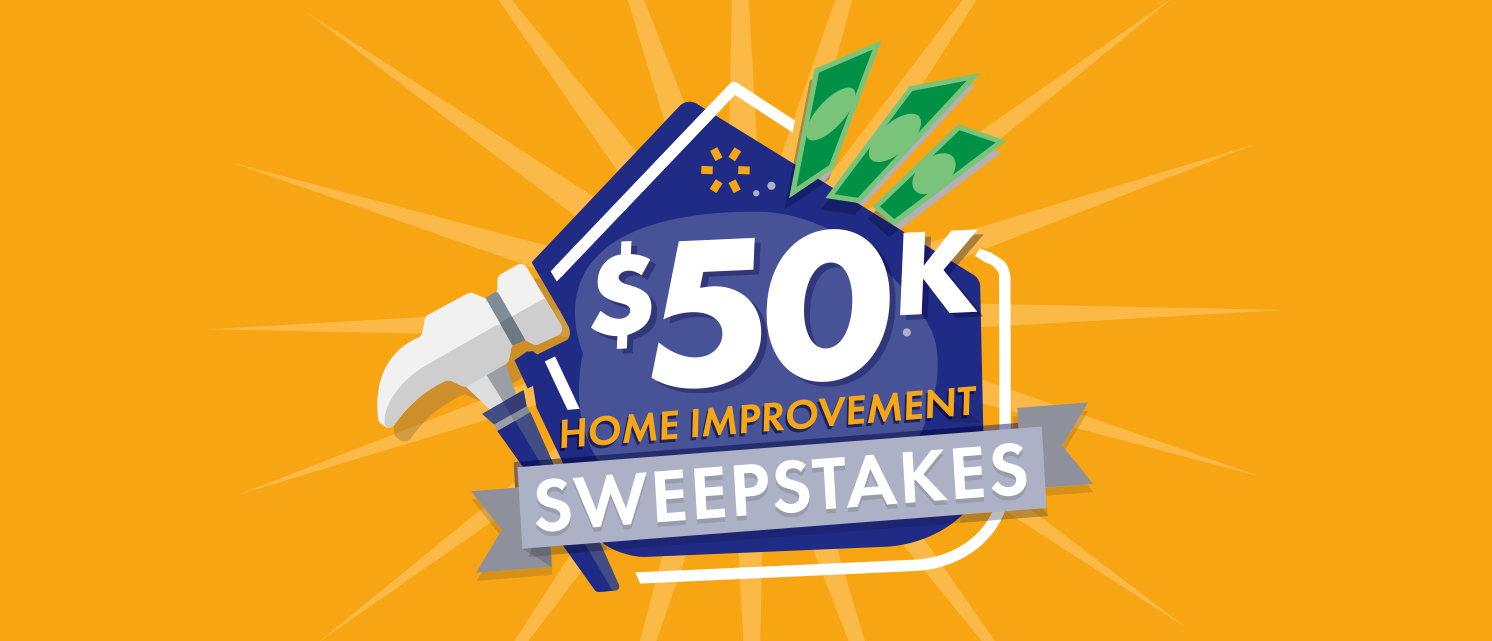What’s the Average Cost of Attic Insulation?

A question for many homeowners: What is the average cost of attic insulation? The importance of proper attic insulation should not be understated. As many of us know, heat tends to rise at the highest possible level. With little to no attic insulation material; in winter the indoor heat will escape into your attic, while in summer, the sun’s rays beating down on your home will cause the attic to heat up, which, in turn, will heat the living area.
In both scenarios, the indoor comfort will decrease considerably while your heating and cooling costs will increase proportionately. Keep in mind that, according to the Department of Energy, roughly 70% of your energy bill goes into heating and cooling your home. Of that, good quality residential insulation can reduce heat loss by as much as 30%. Statistics further indicate that a whopping 90% of homes across the United States are under-insulated.
Things to take into account
Before we can go into estimates, there are a few factors that you need to take into account, which will influence both the quality and the overall cost of such a project. The first is the R-Value rating. It is a metric that represents the insulating property of the material used. As a general rule, the higher the R-value, the better its insulating properties, and usually, the higher the cost.
The second factor that will influence the overall cost is the insulation material used. Below is a short rundown of some of the most common insulating materials on the market.
Get a Free Estimate Today
60% off installation. Special financing available. See details.
Batt insulation
– It consists of long rolls of insulation fibers and can comprise of different materials such as fiberglass (R-value per inch thickness 2.9 – 4.3), cellulose (3.7 – 3.8), mineral wool (3.0 – 3.3), or cotton (3.7 – 3.8). While relatively cheap and easy to install, it will not work well in tight spaces and is prone to compression, moisture, or mold growth (depending on the material). It will lower its effectiveness by as much as 50%, in some cases.
Blown-in insulation
Also known as loose fill insulation, this type is great for hard-to-reach places. Like with batt insulation, it’s made out of different materials with different R-values. Blown-In Cellulose Insulation has a total R-value of 49, and it’s useful in all temperatures.
Spray foam insulation
With an R-value of between 5 and 6 per inch, this is also the most expensive and the most effective. Spray foam insulation sticks to any surface it’s sprayed onto and expands, also forming an air barrier when it settles. It can seal cracks, gaps, and air leaks, making it a more efficient option.
Structural insulated panels
These are layered pieces of rigid foam insulation that’s attached to plywood or oriented strand board (OSB). They are fabricated for any home design, are relatively inexpensive, durable, easy-to-install, and energy efficient.
What’s the average cost of attic insulation?
Be it blown-in, spray foam, cellulose, or fiberglass insulation – applying it into your unfinished attic is an excellent way to save money on your energy bills. But before you contact a contractor, it’s vital that you are aware of what’s on the market and what are the average costs involved.
To give you a ballpark estimate, the insulation, itself, is anywhere in between $1.50 and $3.50 per sq. Foot, depending on the material used. It should bring you to around $1,700 to $2,100, for an average-sized attic.
Also, you can expect to pay the contractor roughly $70 per hour and, in some cases, where an electrician is needed to insulate around cables and junction boxes, an extra $85 per hour.














